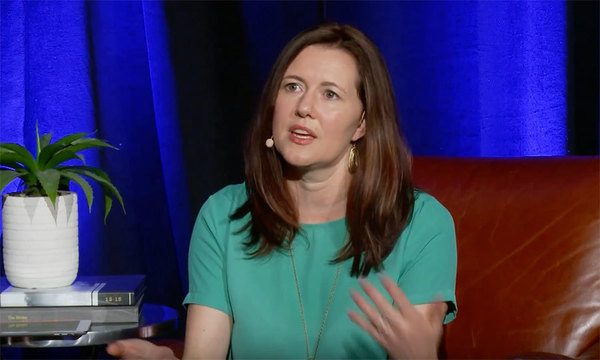Blogs & Podcasts
![]()
Becoming Biola
Explore Life at Biola University![]()
![]()
![]()
Bravo!
Biola University Conservatory of Music![]()
Business. Ministry. Life.
Crowell School of Business![]()
GRIT
a resource collective for women![]()
Opening Question
Torrey Honors College![]()
![]()
Talbot Magazine
Talbot School of Theology![]()
The Faculty Cut
Resources from the Snyder School of Cinema and Media Arts' Industry Professionals![]()
The Good Book Blog
Talbot School of Theology Faculty Blog![]()
Think Biblically
Conversations on Faith and Culture![]()
Winsome Conviction
Deepening convictions without dividing communities
Latest Posts
Talbot School of Theology Reduces Credit Requirement Starting Fall 2017
Credit reduction offers an affordable and quicker seminary education
Biola University Hosts Gospel Music Concert for Prospective Students
The annual Gospel Fest provided current and prospective students a time to worship together
Flourishing in Singleness
a B-side podcast with Lisa Igram
Why Are Hedonists Worthy of Moral Condemnation?
Weekly Q & A with Dr. William Lane Craig
Gala Raises More Than $60,000 Toward Oral Bible Translation
Biola’s Student Missionary Union hosts a fundraising gala, Seeds for India, for the culmination of the India Project
It's On Us
a campaign to stop sexual assault
Are You Ready for Life After Biola?
Career Resources for Seniors
Could God Have Pardoned Sin without Punishment?
Weekly Q & A with Dr. William Lane Craig
 Biola University
Biola University



















